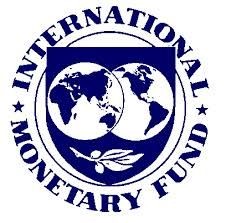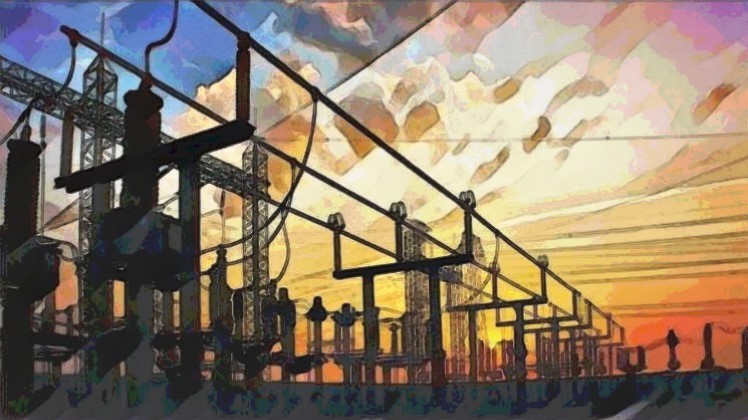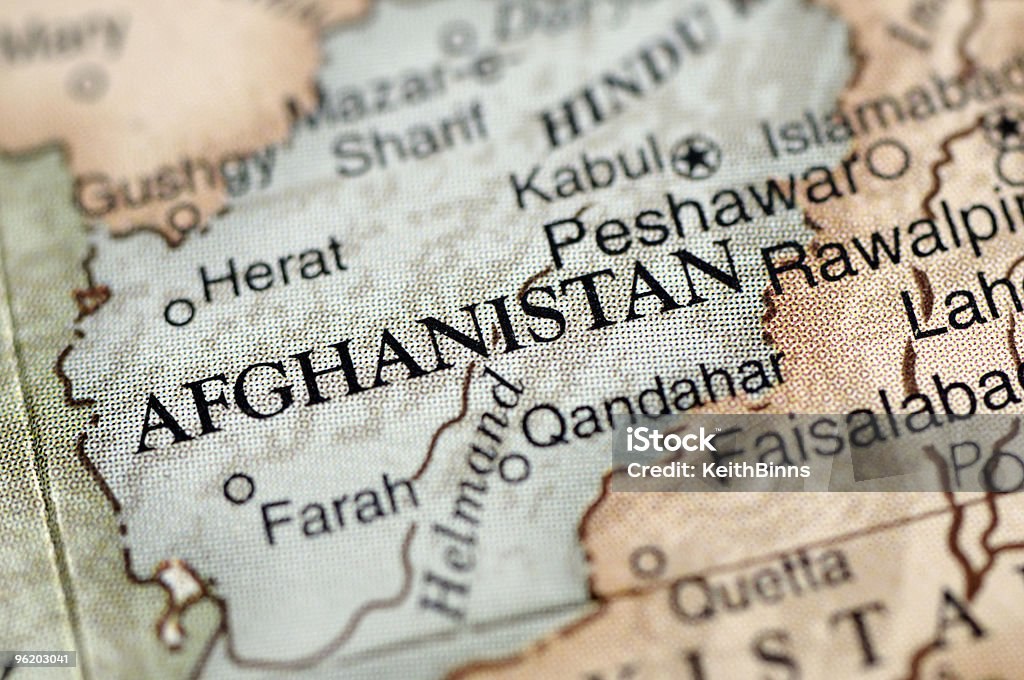ASTANA (TCA) — Kazakhstan faces new challenges due to the decline in commodity prices and the slowdown of key regional economies. The Kazakh authorities have taken steps to address these challenges, notably floating the tenge, which will help the economy adjust. Going forward, it will be important to modernize policy frameworks, create more efficient and transparent institutions, and deepen Kazakhstan’s into regional and global markets, Christine Lagarde, Managing Director of the International Monetary Fund (IMF), said in her statement on May 24 at the conclusion of her visit to Kazakhstan.
During her visit, Lagarde met with Kazakh President Nursultan Nazarbayev and Prime Minister Karim Massimov, as well as high-level officials from other countries in Central Asia. She also met with representatives of the private sector and gave a speech to discuss Kazakhstan’s opportunities with students at Nazarbayev University in Astana.
“The regional roundtable with senior government officials from neighboring countries provided a unique opportunity to share views on the economic issues facing the region. We were able to deepen the dialogue about the strong policy responses needed to tackle challenges and the many opportunities ahead. We at the IMF believe that Central Asia region can increasingly serve as a bridge between Europe and China and serve as a hub for new activities in logistics and communications, energy and green industries, and agriculture,” the IMF Managing Director said in the statement.
In her speech at Nazarbayev University in Astana, Christine Lagarde commended Kazakhstan’s decision to float the national currency, the tenge. “This was a painful but necessary step to respond to growing financial pressures. I know it means that the goods you import are more expensive. It has also put pressure on inflation and on those who have borrowed in dollars.
“Yet it also means that foreign currency reserves are not being used to defend an exchange rate that is out of line with the new realities. And it means new opportunities for exporters because they are now more competitive, and there could be more jobs in sectors that compete with imports. Think not only of the big players who export grain and machinery, but also of the smaller companies and entrepreneurs who will benefit from new opportunities in light industrial goods, biotech, green products, and services,” she said.
The IMF head also touched upon Central Asia’s regional integration: “Some would say that Central Asia faces a predicament because it is landlocked. I would say it is blessed with systemic and dynamic neighbors on all sides: China and Russia on one side, Europe, India and South Asia on the other. So, if the region is to become the main artery of the ‘One Road, One Belt’ initiative, it needs to deepen integration both internally and globally.”









